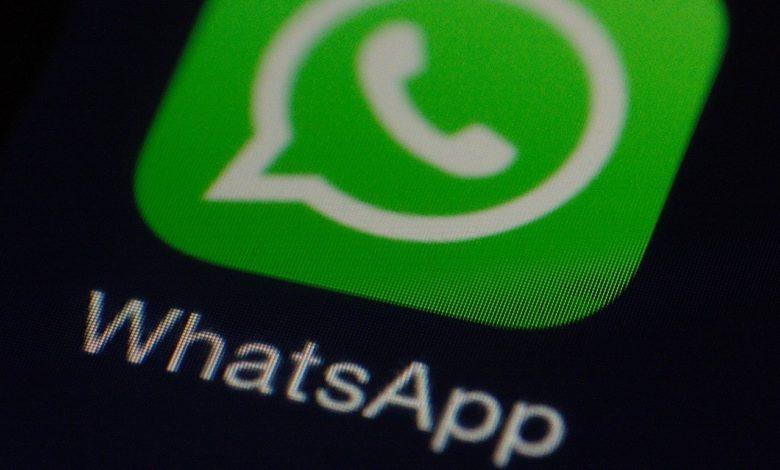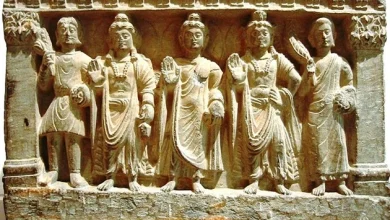WhatsApp shuts down group created by Taliban to respond to Afghan complaints

The Taliban, who seized power in Kabul on Sunday, announced last week that they had set up a special number so that the population could contact them, but Facebook has closed a hotline set up on WhatsApp by the Taliban to respond to possible complaints from Afghans.
According to a Financial Times article published on Tuesday, Facebook has closed a hotline set up on WhatsApp by the Taliban to respond to possible complaints from Afghans. “We are forced to comply with US sanctions laws. This includes banning accounts that present themselves as official Taliban accounts,” a WhatsApp spokesperson told AFP.
The Taliban, who seized power in Kabul on Sunday, announced last week that they had set up a special number so that the population could contact them. “We request more information from the relevant US authorities given the development of the situation in Afghanistan,” added the courier, refusing to give more details.
For their part, the Taliban criticized Facebook on the subject of freedom of expression during their first press conference, which was broadcast online on Tuesday.
Asked about respect for this human right, the spokesperson for the Taliban, Zabihullah Mujahid replied that “the question should be put to those who ensure that they are the guarantors of freedom of expression but who do not authorize the publication of all of the information. The Facebook company, it is to them that the question must be asked”.
Moderation of content
The decisions of major platforms in terms of moderation of content posted by the Taliban will be closely followed, while the Islamist group has announced that it will form a government.
“The Taliban are considered a terrorist organization by US law, and we have banned them from all our services according to our regulations on dangerous organizations,” a spokesperson for the social media giant reminded AFP on Tuesday morning.
The platform said it has a team of dedicated experts, who speak the country’s languages, to help them identify possible issues. “Regardless of who holds power, we will take appropriate action against accounts and content that violate our rules,” insisted the spokesperson.
Twitter and YouTube have similar regulations, although Twitter does not support a priori ban on the Taliban, except in cases of content violating its rules on violence or manipulation of content.
Zabihullah Mujahid used Twitter Sunday to announce that the Taliban had “entered the city of Kabul to provide security.” Thousands of Afghans fled towns captured by the Taliban in the country’s north last week and took refuge in the capital.
Some tell of atrocious scenes, bodies abandoned in the streets, girls kidnapped to marry them, young men recruited by force. However, the Taliban denied these accusations.
On Tuesday, during their first conference, the Taliban assured that the war was over in Afghanistan and that all their adversaries would be forgiven.




